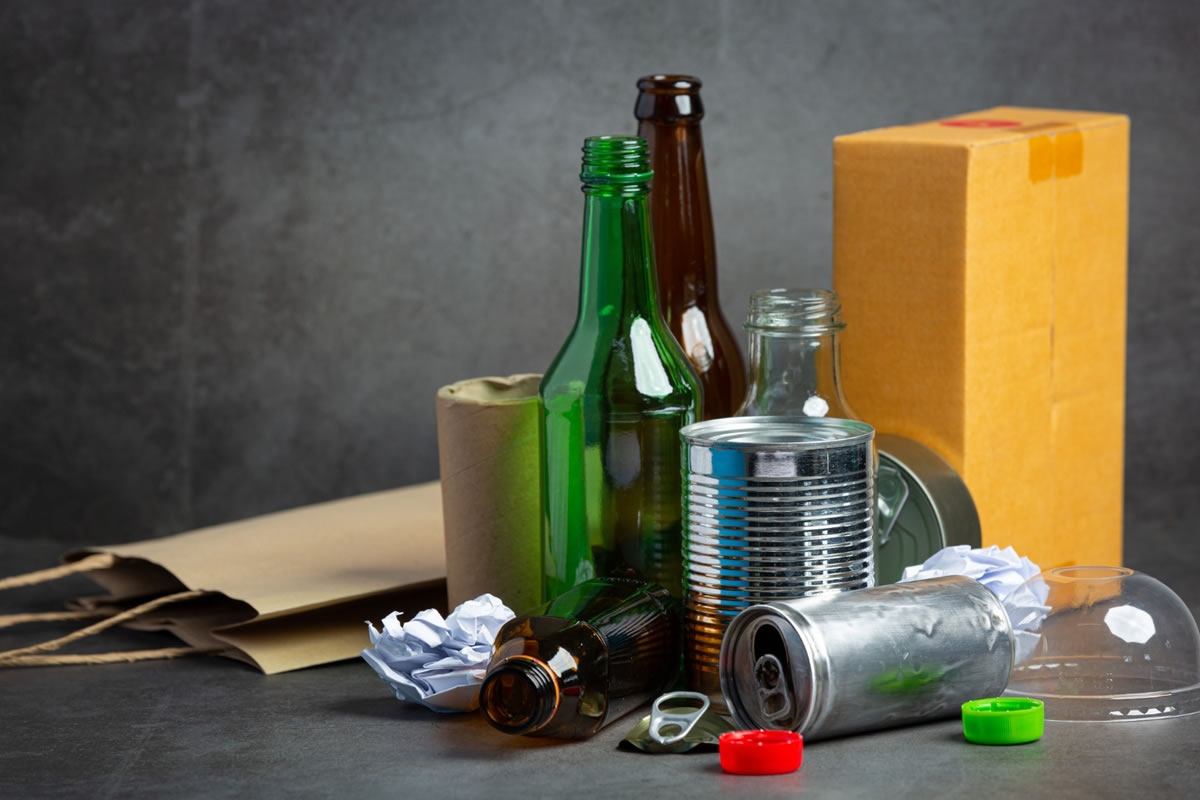
Recycling is highly complicated and can be dictated by local regulations, market demand, and price determinations. However, the success of recycling depends upon everyone. Recycling is a relatively simple concept. The environment benefits from people transforming something old into something new. Recycling helps ensure that materials and natural resources aren't wasted and saves energy during the manufacturing process causing less waste to go into landfills and helping keep wildlife safe. Recycling also helps create well-paying jobs.
People can make a massive difference by practicing proper recycling techniques.
One of the most significant barriers to recycling is that people don't understand the process. Therefore, people need to know where and what to recycle. Every city has individual regulations and procedures for recycling, so consumers need to do their research. Reach out to your local recycling center in New Jersey for more information on how to recycle near you.
Because recycling processes depend on locality, it is essential to check with the local recycling department to find out things like:
Knowing your recycling options can reduce anxiety and stress while significantly increasing the likelihood of follow-through.
There are several materials that can be recycled in the United States. The most common recyclables include glass, plastics, batteries, paper, and cardboard.
Studies show that paper products make up the most significant percentage of waste materials in our country. This should be an encouraging fact because you can recycle paper. Make it a point to recycle mail, cardboard boxes, magazines, and other paper products so that they stay out of landfills.
Everyone should make it a point to recycle all of the plastic they can because plastic places an added stressor on landfills and can take anywhere from five to six hundred years to break down.
Remember to rinse out glass containers before recycling them. Containers like jelly jars, dressing containers, and glass milk bottles can be rinsed out and recycled.
Recycling metals is easy. Just make sure to clean off any food particles before you toss the metal into the recycling bin. This includes soup cans, aluminum foil, and soda cans.
Surprisingly enough, car batteries are the most recycled product in America. But they aren't the only type of battery you can recycle. Research recycling locations for batteries locally to find out how and where to take your batteries in for recycling.
Electronics contain toxic substances, so disposing of them properly is more important for the planet than you think. Recyclable electronics include laptops, mobile phones, and television sets.
Even the most seasoned recycler can always find some room for improvement. So here are some great tips for recycling effectively and efficiently.